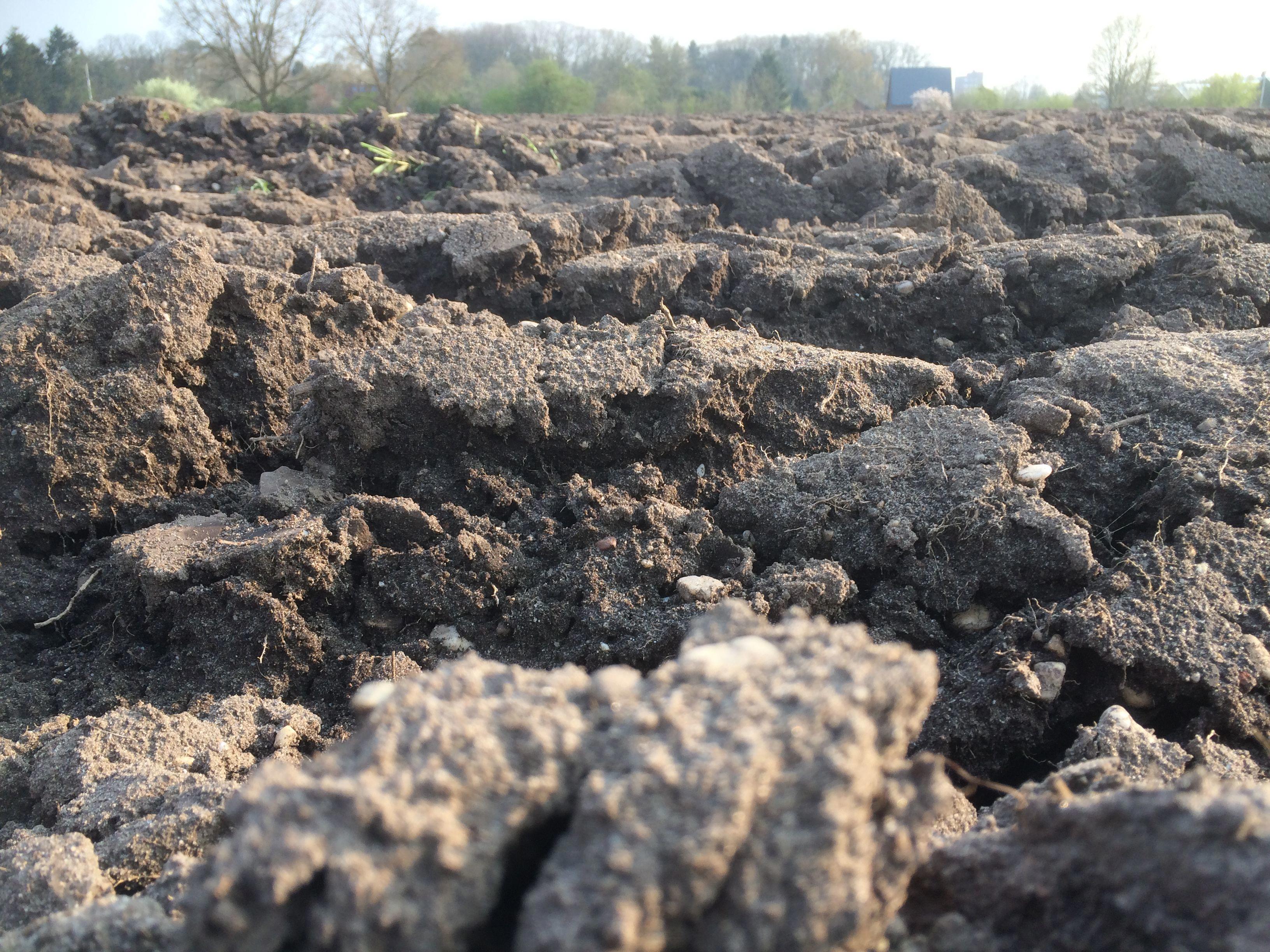Soil is the foundation of life on Earth. It provides essential functions such as supporting plant growth, storing and filtering water, cycling nutrients, buffering and degrading pollutants, participating in the Earth’s carbon cycle, providing a habitat for a vast array of organisms, supplying raw materials, and serving as a foundation for infrastructure. This makes it one of the planet’s most vital and precious natural resources. Yet, despite its importance, soil is often undervalued and is increasingly threatened by unsustainable land use practices, urbanisation, climate change, and pollution.
Soil is a finite natural resource. Rapid human population growth has put unprecedented pressure on the use of soils. About a third of all soils are moderately to highly degraded (Smith et al, 2024), resulting in reduced fertility, increased erosion, and diminished water retention. The decline in soil health harms ecosystems, accelerates climate change, and threatens human livelihoods and food security.
Protecting and restoring soil health is essential for achieving the United Nations Sustainable Development Goals. ISRIC is committed to advancing soil knowledge and delivering soil information that is fundamental for managing soils sustainably and building a food-secure, climate-resilient future.

